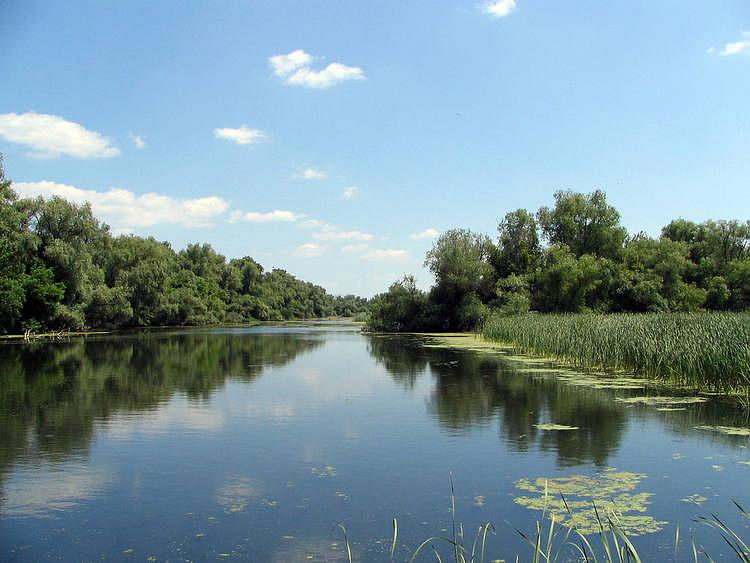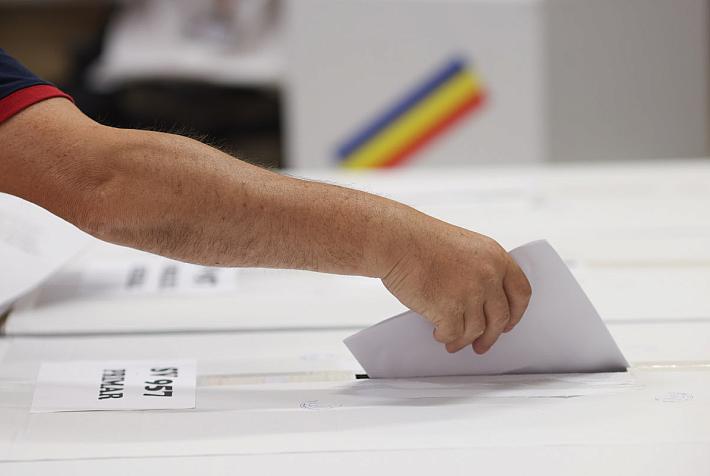Illegal fishing remains one of the Danube Delta's biggest problems

Some 3,500 tons of fish are legally caught each year in the Danube Delta, less than the allowed limits, but illegal fishing amounts to double that quantity, the governor of the Danube Delta Biosphere Reservation Grigore Baboianu said in interview with Europa FM radio station.
The fish that is illegally caught also ends up in stores, he added.
Various sturgeon species are also illegally caught, although sturgeon fishing is banned until 2022. Eleven years ago, the Reservation released 400,000 baby sturgeons into the Delta. After a period of in between 8 and 12 years, the sturgeon is expected to return to the delta to reproduce. However, the Reservation lacks the financing to research what happened to the released baby sturgeons, the Delta's governor said.
He also pointed to the situation of isolated canals circulated by motorized boats regularly, despite hosting protected bird and fish species. The governor made an appeal to the Environment Ministry to accept a ban on motorized boat transportation in these areas. He argued dinghies could be used instead, while motorized boats could travel only on the arms of the Danube.
Other factors impacting the Delta Reservation are illegal tourism, the too-small fines for trash dumping, but also that fact that seven institutions are responsible for the area, often in overlapping situations, according to governor Baboianu.
Romanian authorities kick off feasibility study for first Danube Delta bicycle lane
editor@romania-insider.com












